NYC squatters are cashing in on legal loopholes and crowded courts to take over homes — and good luck getting them out: experts
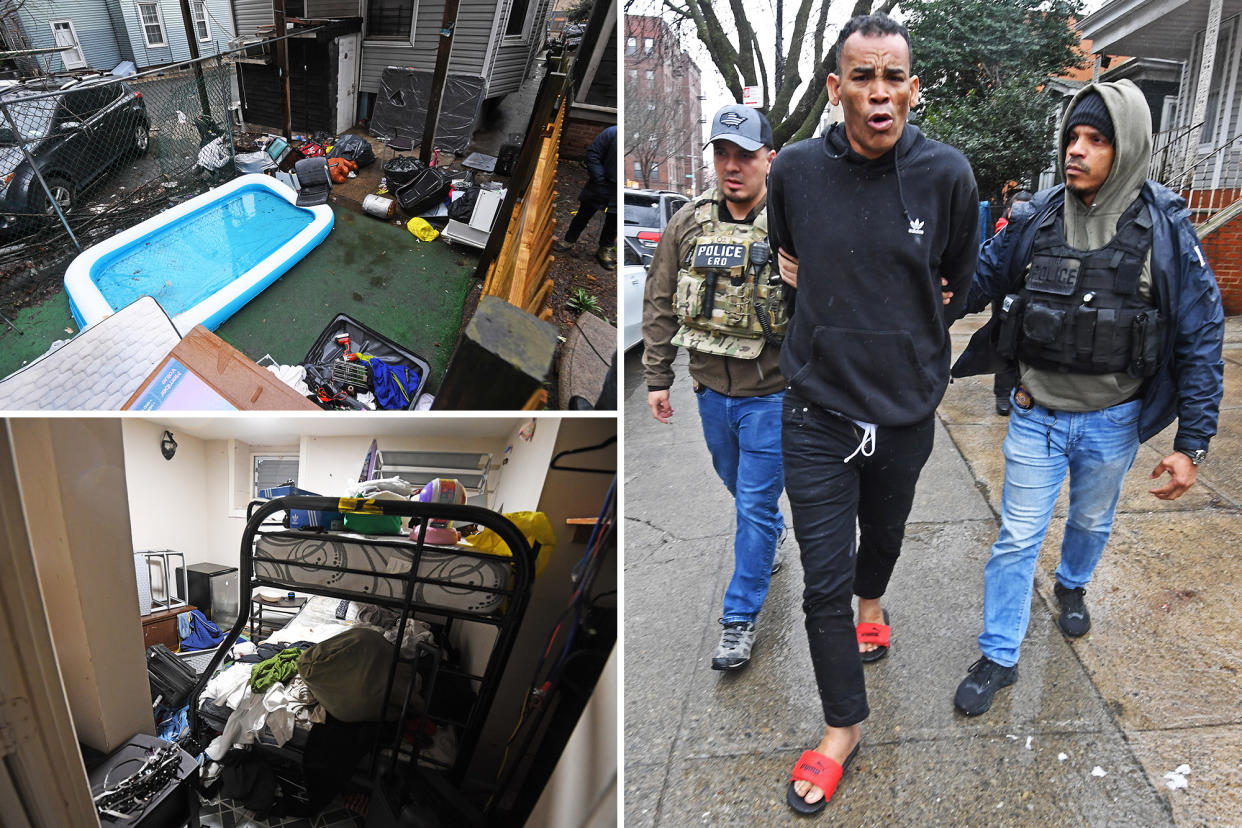
The Big Apple is seeing a troublesome trend of unwelcome squatters illegally bedding down in private homes and apartments in the five boroughs — and it’s gotten much harder to kick them out.
A backlog of housing court cases and changes in the law in recent years have made it a bigger and longer-lasting headache for landlords to boot unwelcome tenants, legal experts tell The Post.
“This is happening far more now than in the past,” real estate attorney Josh Price said. “Squatters have become far more sophisticated than before. They set up elaborate schemes, fake documents and investigate the homes before breaking in.”
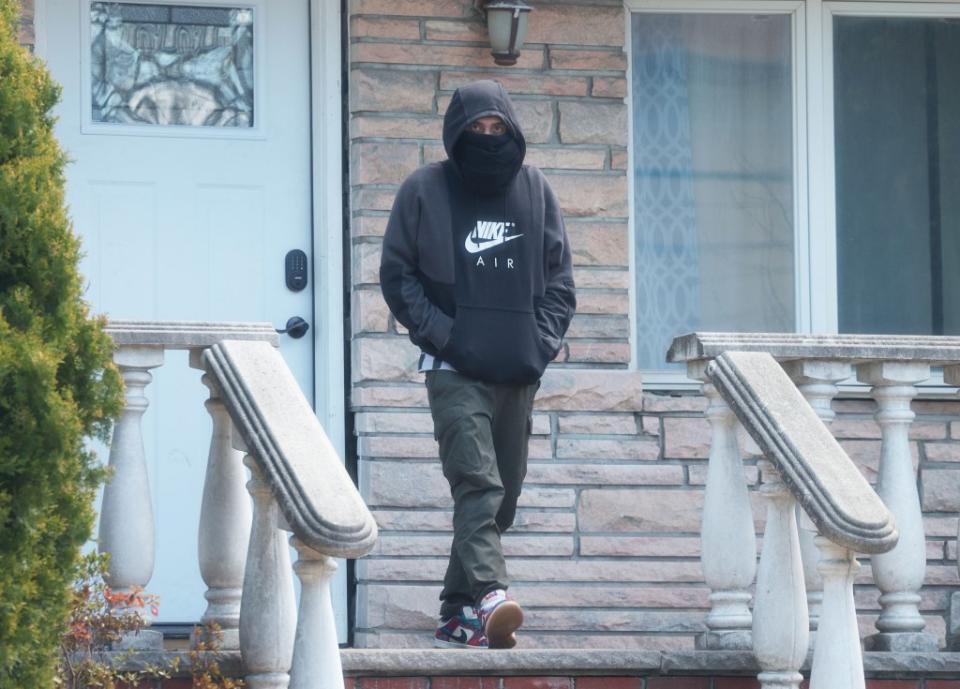
Two changes in city law in 2019 now dictate that landlords can’t just boot a squatter without a “special proceeding,” and have to file a lawsuit to get them out.
Manhattan real estate lawyer Alan Goldberg said he’s seen a 10-to-20% bump in squatter cases over the past two years, attributing it to the migrant crisis, post-pandemic homelessness — and media coverage.
“The irony is the more publicity it gets the more people think about it,” Goldberg said.
“I think it’s got media attention and also the migrant crisis, more people homeless,” he said. “The media, by telling people about squatters, is kind of encouraging it.”
Goldberg said the term squatter is often misused — squatters are intruders who illegally break into a property and stay, while licensees move in “under color of law” and remain.
That can include relatives of deceased property owners or legal tenants who overstayed their welcome.
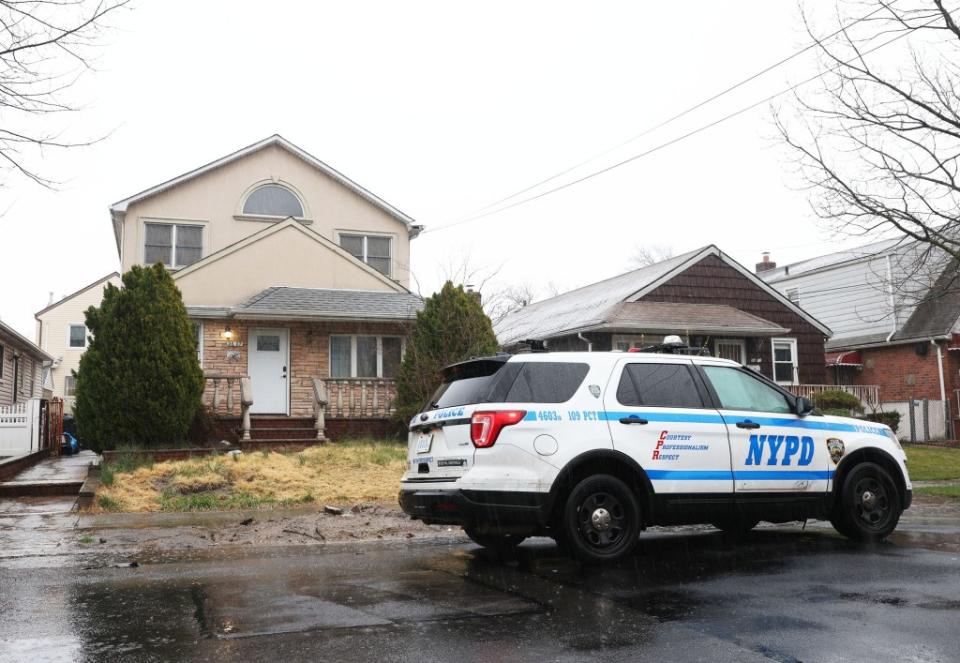
The problem stems from a loophole in the law that allows anyone who stays put in a property long enough to claim legal occupancy despite the landlord’s objection.
That cutoff is 10 years in most of the Empire State — but a mere 30 days in the five boroughs, making city property owners significantly more vulnerable to the unwanted homesteaders.
And no one is keeping track of how many there are.
State court officials say squatter — or “adverse possession” — cases are not specifically tracked once they’re in the system, so it’s anybody’s guess how many are out there.
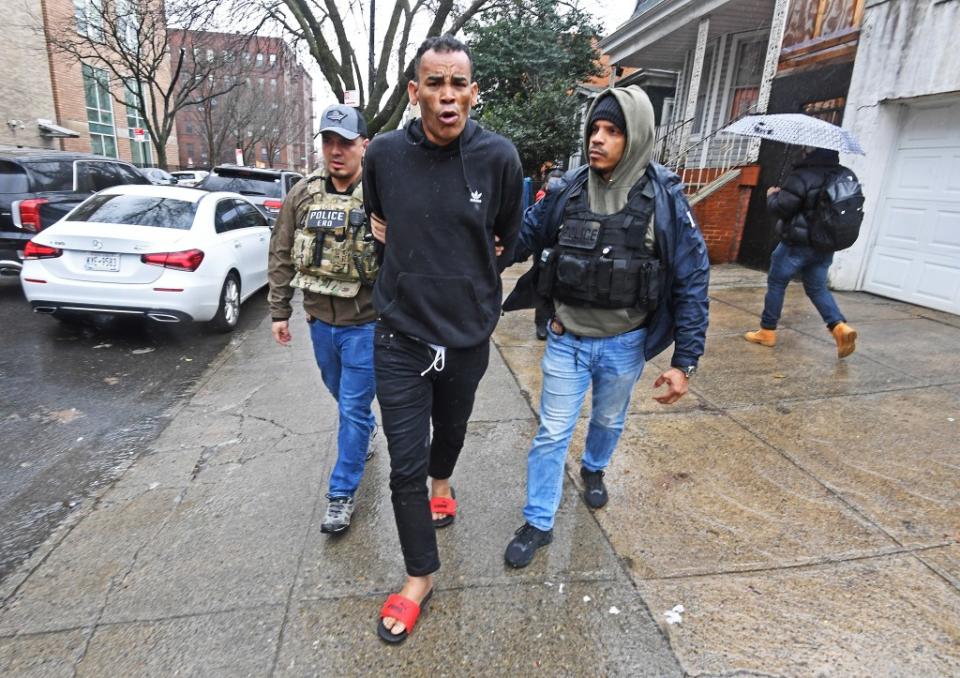
Some Big Apple attorneys say squatters have long been a frustrating problem in the five boroughs and have not seen an uptick — and note they remain a fraction of the landlord-tenant disputes in court.
But the issue has increasingly become the subject of water cooler chatter thanks to a series of high-profile squatter cases making headlines.
Last week, a pair of squatters at a Jamaica duplex sued the legal owners of a $930,000 home, claiming they were locked out despite establishing tenancy — and included a Shake Shack receipt as “proof.”
A Queens judge tossed the suit on Friday, but the case left a bitter taste for homeowner Juliya Fulman, who griped about “a very big problem with these criminals and these squatters.”
In another case in Flushing, squatter Brian Rodriguez demanded an $18,000 ransom to move out of the four-bedroom $1 million house he claimed rights to — with cops even handcuffing the rightful owner when she showed up.
One Big Apple case turned deadly when a pair of teen squatters allegedly killed property owner Nadia Vitels after she showed up at the East 31st apartment owned by her late mom on March 12.

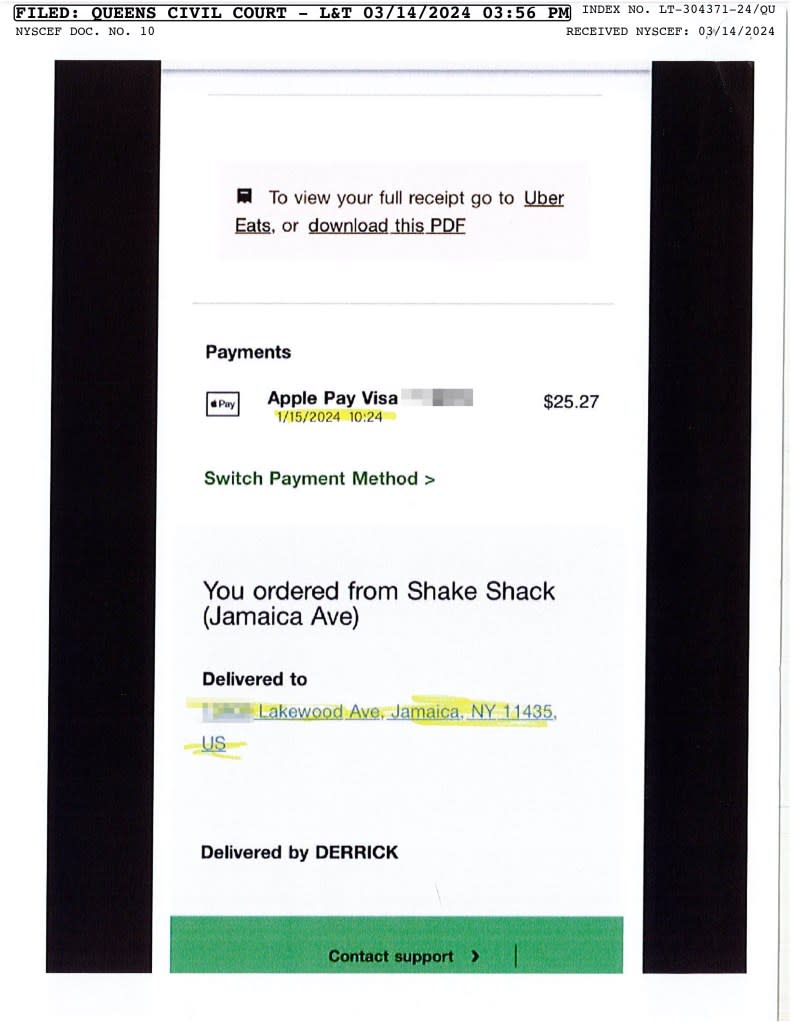
And last week, federal agents raided a Bronx home where a troublesome troupe of gun-toting migrants were squatting and causing chaos in the neighborhood.
The dilemma has drawn the attention of some lawmakers.
State Assemblyman Jake Blumencranz (R-Oyster Bay) is sponsoring a bill that gives property owners more muscle to boot squatters and makes squatting a criminal trespassing offense.
“I think anyone who’s paying attention sees this is becoming an increasing issue,” Blumencranz told The Post last week. “People, especially migrant groups or other groups who are looking to use our laws against us, will use this loophole to hurt law-abiding citizens.
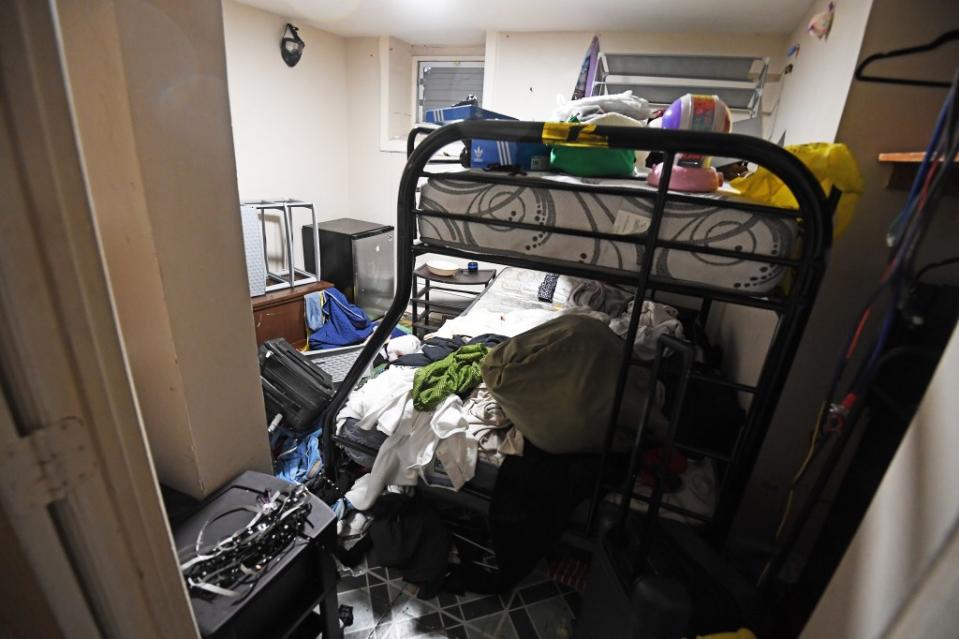
“We have a holy trinity right now that we’ve never had before, which is a cost of living crisis, a housing crisis and the migrant crisis happening in the city at the same time,” he said. “These people are here, they are looking for a place to live and people on the Internet are providing an avenue for them that is free.”
Several attorneys interviewed by The Post said a post-pandemic backlog of cases in the city’s five housing courts has slowed their cases — including squatter cases — to a snail’s pace.
Nativ Winiarsky, a partner with the firm of Kucker, Marino, Winiarsky & Bittens, said it can take as long as two years to resolve a squatter case, thanks to court backlogs and a stretched legal system.
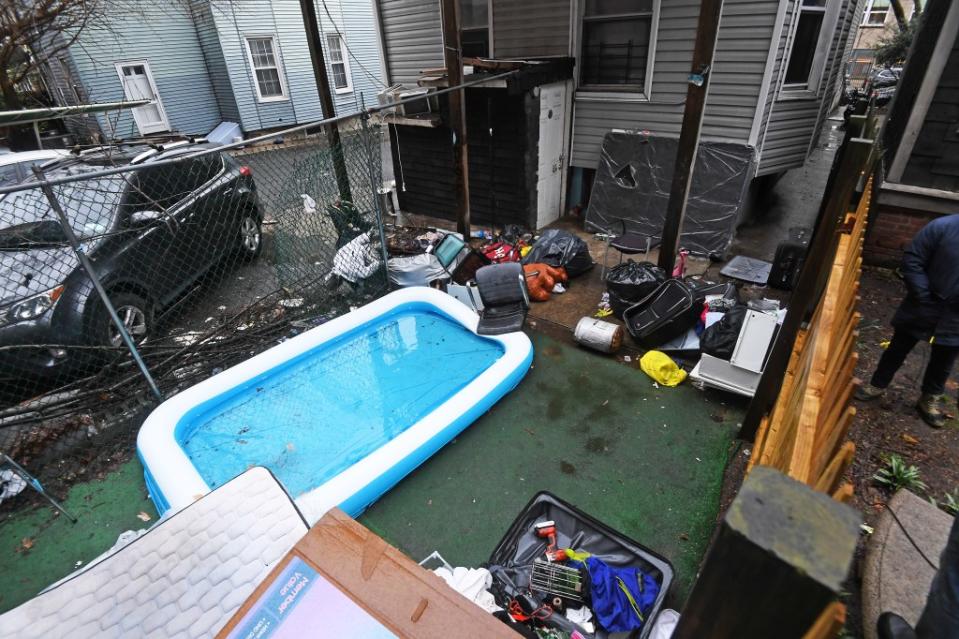
“Certainly things have gotten worse after the pandemic due to the backlog, but to blame it on the pandemic is a superficial explanation,” Winiarski said.
“It is a product of insufficient resources being devoted to the housing court system, threatening a collapse of the system as we know it,” Winiarski added.
Complicating the issue are two tweaks to state law in 2019 that gave squatters more rights — and handcuffed legal property owners when they try to reclaim their turf.
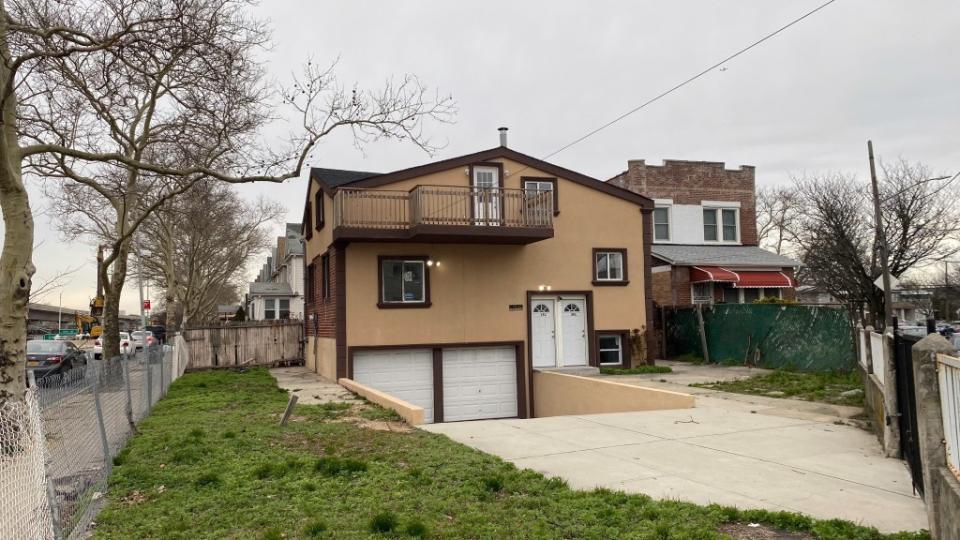
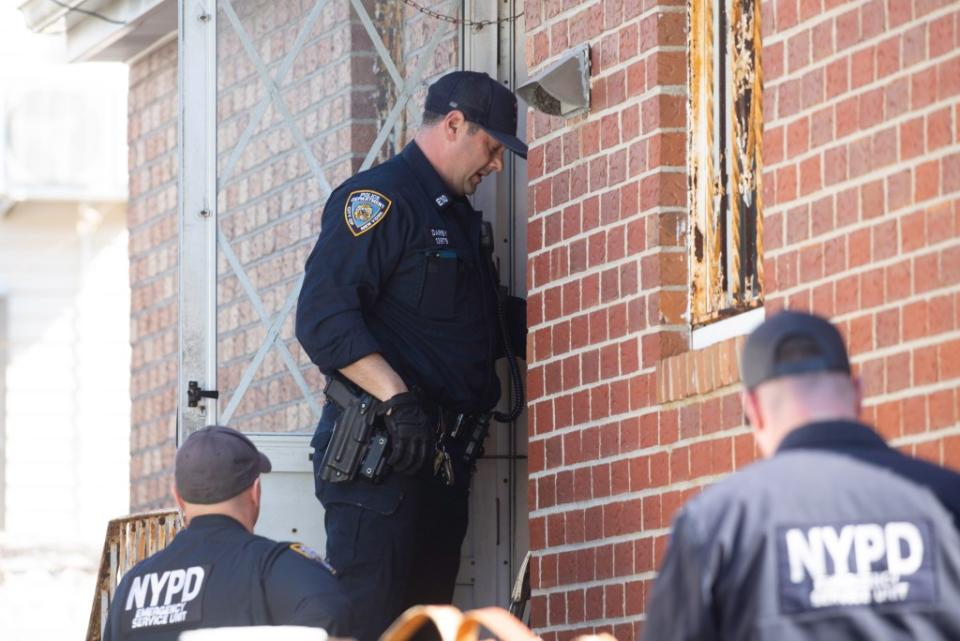
New York Real Property Actions Proceedings Law 711 was amended to say that occupants of a “dwelling or housing accommodation” can’t be kicked out without “a special proceeding.”
In addition, a new law stated that anyone establishing squatter rights can’t be removed without resorting to a lawsuit filed in the local courthouse.
Price, the real estate lawyer, said those statutes, along with savvier squatters, has created a nightmare.
“They will send mail to themselves, use fake leases to have utilities changed to their name and other artifice to claim right of possession,” he said. “It is more onerous now than in years past because it takes so long before an owner can get a court date.”

